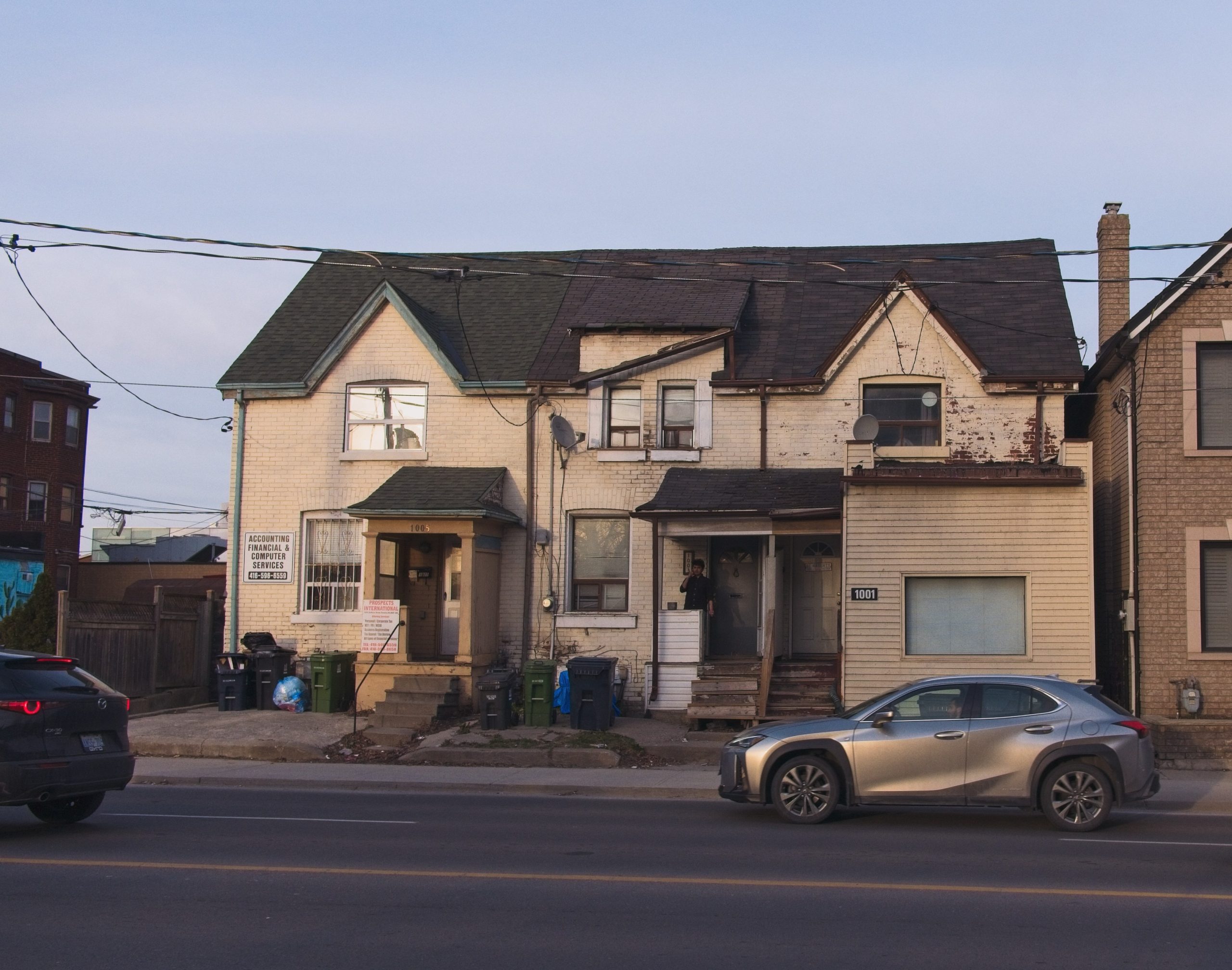
Enquiry into a Vulnerable Homeowner’s Claim to Surplus Proceeds After a Tax Sale by the City
The Issue
We were contacted by a vulnerable, low-income senior who had owned a house in Toronto with his late mother. After she died, he did not pay the property taxes and the City of Toronto ended up selling the house to recover the tax owing.
After deducting the amount owed, there was a surplus of $462,534.33. The City sent the son notices advising him that he would have one year to apply for that money to be paid out of court to him. A year later, the son had still not applied, so the City absorbed the money into its general revenue.
Recently, however, the son approached the City. His only source of income was his monthly Canada Pension Plan (“CPP”) payment, he had used up his personal savings, and he was unable to pay his rent and facing eviction.
With the help of his social worker and late mother’s lawyer, he asked the City for the surplus money from the sale of his house. The City would not agree to give him the money.
Our Enquiry
We gathered information from the son, his social worker, and his late mother’s lawyer. We then collected information from the City’s Revenue Services Division about the tax sale of the house, the steps it took to notify the son of the sale, and his right to claim the surplus. We also spoke with the City Councillor for the ward in which the house is located.
What We Found
We found that, while the City complied fully with the requirements of the City of Toronto Act, 2006 governing the tax sale process and took additional steps to try to ensure that the complainant was notified, it would be unfair and inequitable for the City to keep the surplus in the face of the son’s request to recover the funds.
Our Enquiry showed that the son likely failed to claim the funds only because he either did not understand his right to make such a claim and/or because he was not able to do so. It also appears that his mental health, a lack of understanding of his rights and obligations, and/or a simple inability to cope may provide some explanation for his inaction.
Basic fairness demands that the City return the surplus funds to him.
Our Recommendations
In light of our findings, the Ombudsman made the following recommendations to ensure the son is treated by the City with the fairness he deserves:
- We recommend that Council direct the Chief Financial Officer to immediately make arrangements for the City to pay the surplus to the son.
- We further recommend that the Chief Financial Officer report back to Ombudsman Toronto every two weeks until the Ombudsman is satisfied that the City has made the payment in accordance with Recommendation 1.
The City’s Response
The City agreed to implement our recommendations.